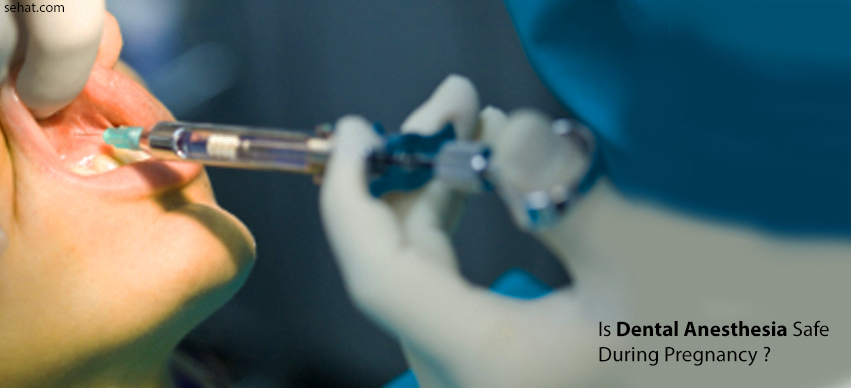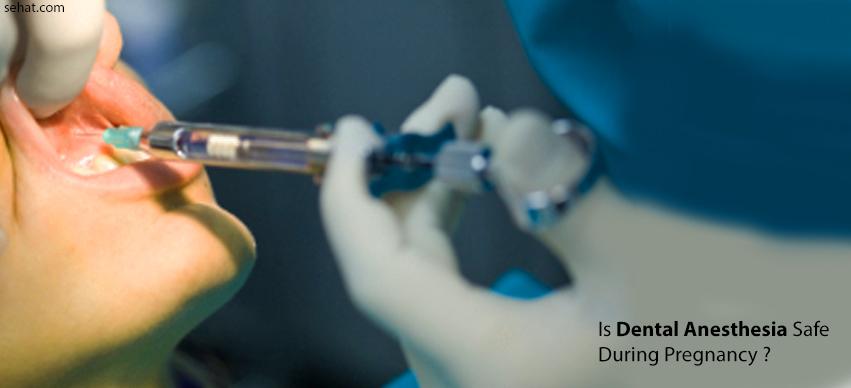Miscarriage In Early Pregnany- Signs, Causes, And Tips To Prevent
6 Min Read


Pregnancy is an extremely crucial time for each and every woman. Since maternal health directly reflects upon fetal health, women make sure that they take the necessary steps to avoid having any pregnancy-related complications.
Pregnancy brings about a lot of physiological and hormonal changes in women including appetite, food habits, and oral health. Due to these changes, there is a high risk for the formation of dental caries. It is therefore important for pregnant women to maintain good oral hygiene and seek treatment if required. Women during pregnancy are quite reluctant to undergo any kind of dental procedures for the fear of local anesthetic drugs crossing the placenta and affecting the fetus. A frequently asked question asked by women who are supposed to undergo a dental procedure is – is dental anesthesia safe during pregnancy?
Due to the above reasons, a dose of dental anesthesia needs to be carefully planned and administered to high-risk pregnant women who are supposed to undergo treatment. These factors are potentially responsible for pregnant women as well as dentists being reluctant to even perform necessary dental treatments.
A major concern for drug and anesthetic use during pregnancy is the significant risk of fetal malformations since most drugs can easily pass through the placenta. A dentist must, therefore, make a thorough assessment of the maternal and fetal condition prior to the administration of local anesthesia and medications to pregnant women.
Medications and anesthetic drugs should be used in pregnancy which offers benefit to the mother and least toxicity to the fetus. Use of dental anesthesia however during pregnancy prevents post-treatment long term use of anti-inflammatory pain killer medications and antibiotics.
During pregnancy, medications including local anesthetic drugs can be transferred to the fetus via the placenta. The severity of the effect of dental anesthesia upon the fetus depends upon the following factors
Local anesthesia used for dental procedures such as tooth extraction or dental fillings is of two types – Ester or Amide. Ester types have a shorter duration of action as compared to amide type. Ester types are more likely to induce an allergic reaction which poses a threat to both mother and fetus.
Risk of fetal malformation due to use of medications is least during the second trimester. Dental anesthesia is, therefore, safer during the second trimester as compared to the first and third trimester. Dental anesthesia can also be used in low doses during the third trimester.
The following research studies have been done previously to claim that dental anesthesia does not affect pregnancy negatively
These studies prove that there is no clear evidence that use of dental anesthesia during pregnancy increases complications for the mother or the baby. Conversely, studies also report that poor oral health of women during pregnancy increases the risk of gestational diabetes, pre-eclampsia, and preterm birth. For this reason, maintaining oral health during pregnancy is an important aspect.
Pregnant women should avoid elective dental procedures during the first trimester and later half of the third trimester. Extensive dental reconstructive procedures should be preferably completely avoided throughout pregnancy. Additionally, pregnant women who have gestational illnesses such as diabetes and hypertension are at significantly high risk of developing major pregnancy-related complications in response to even the minutest dose of dental anesthesia administered. It is therefore important to carefully determine the dose of dental anesthesia for such women.